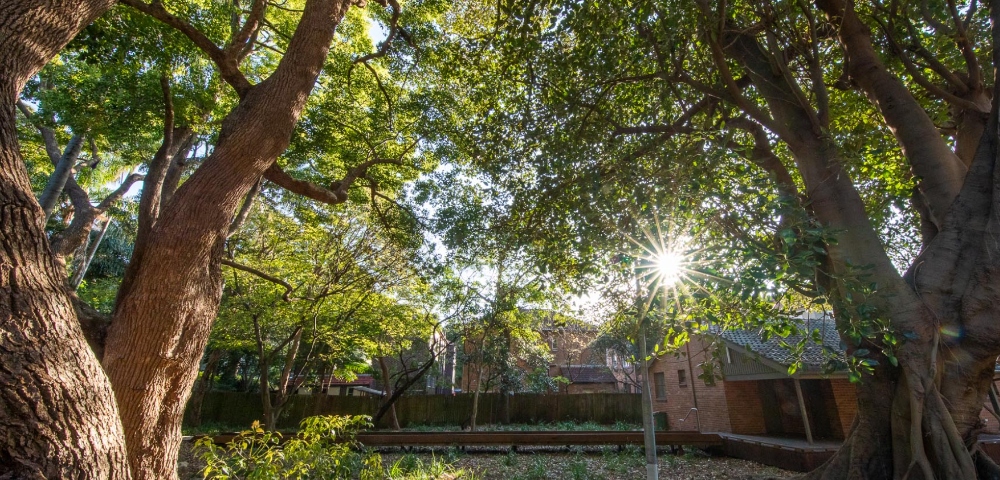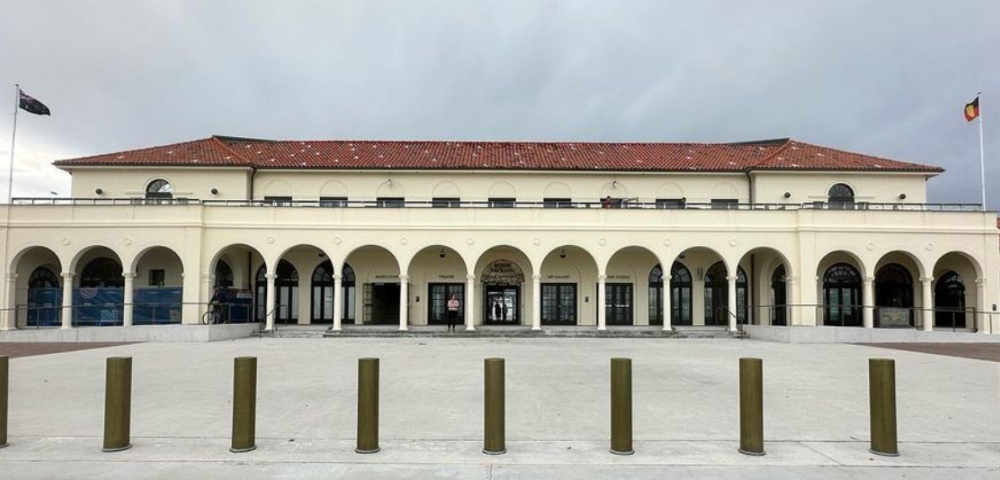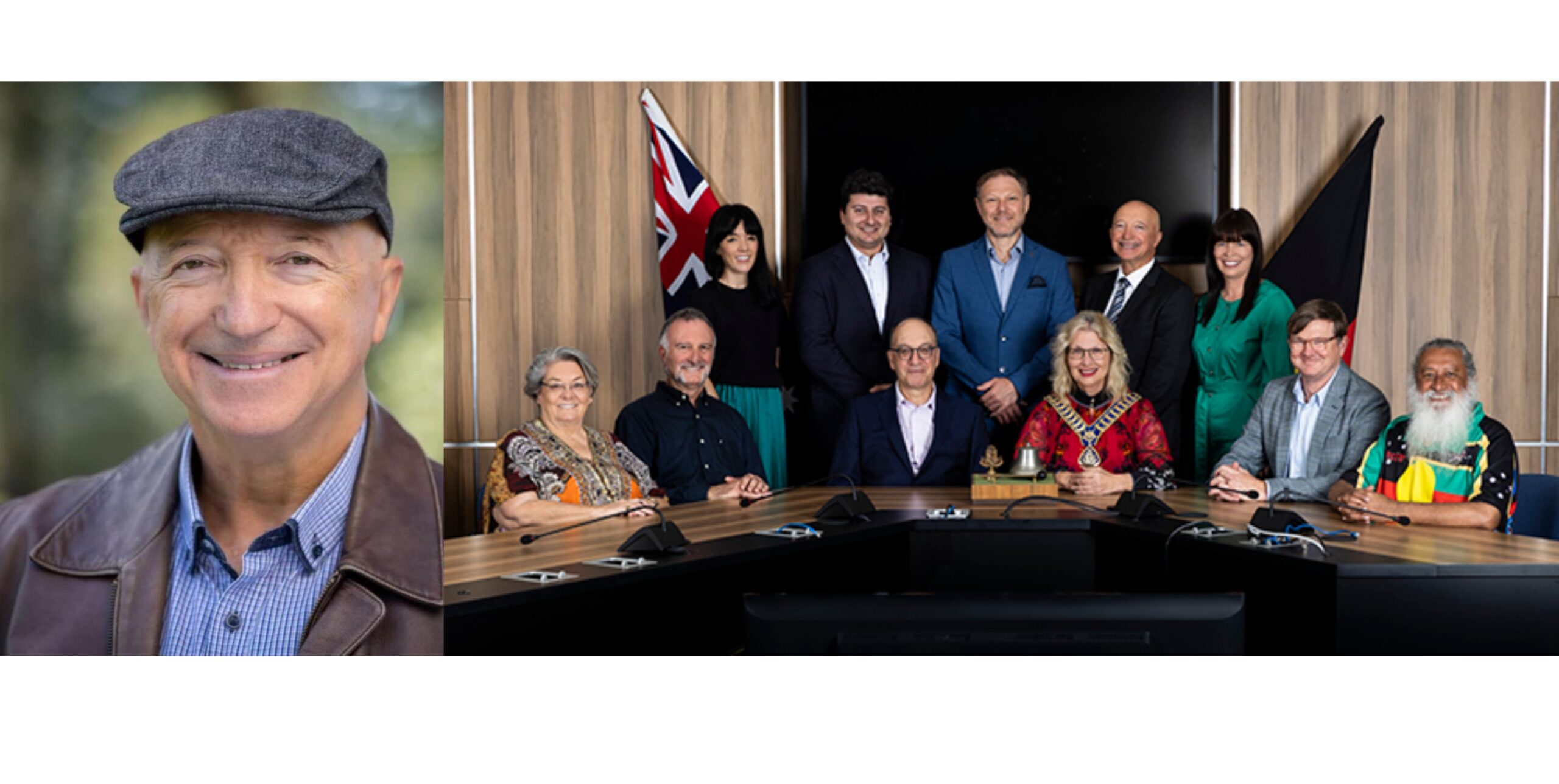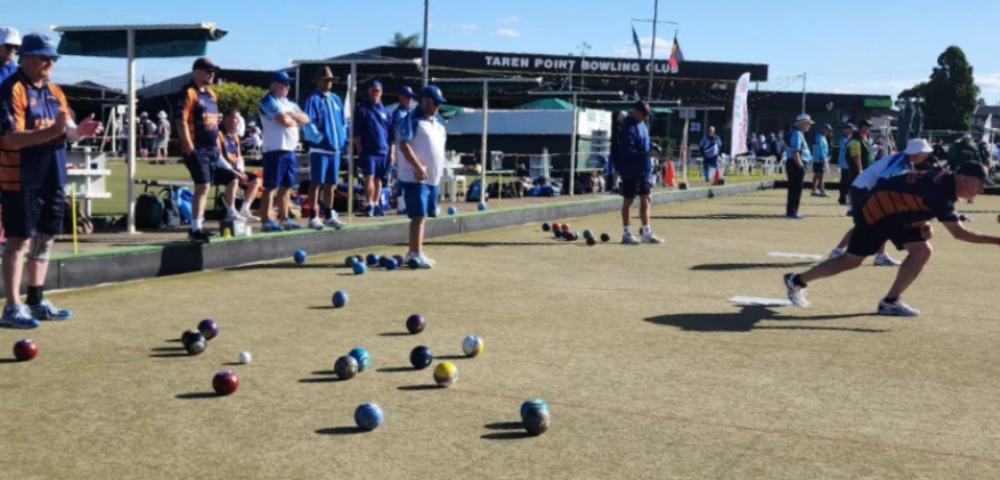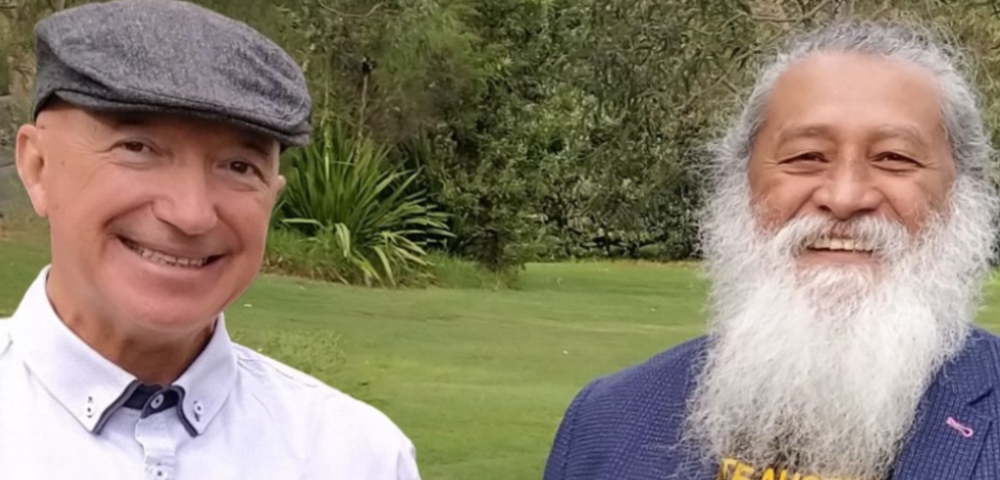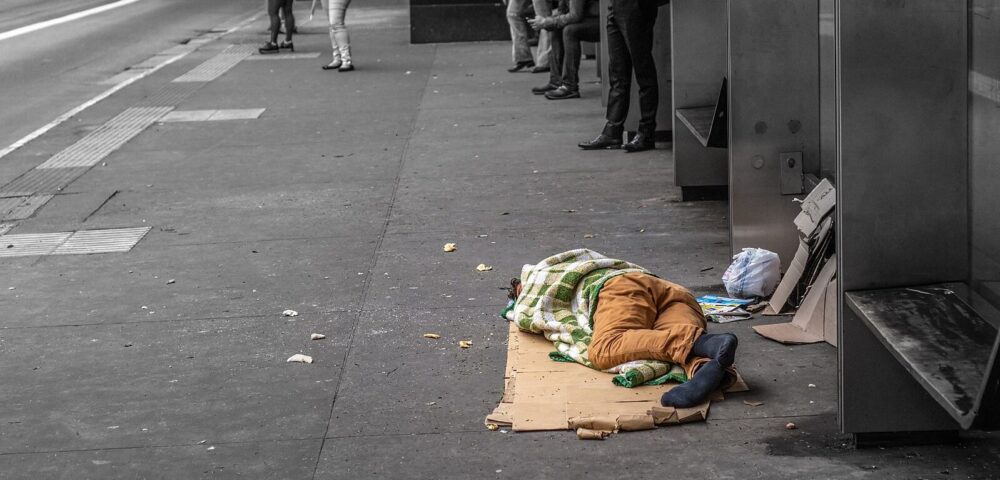
Striking Strife in Hallowed Halls

by Erika Echternach
Thousands participated in a 24-hour strike at UNSW hosted by the NSW division of the National Tertiary Education Union (NTEU) on 30 May, including academics, professional staff, students and other unions.
The strike was primarily meant to raise awareness over the job security crisis at UNSW, but also called for improved academic workload conditions and more consultation with staff over major decisions, such as the recent controversial switch to a trimester system.
About 73 per cent of UNSW’s staff are casuals or on fixed-terms contracts, meaning nearly three in four staff members are in insecure roles, not knowing whether they will receive another wage cheque or not.
These figures are considerably worse than the already discouraging national average of two in three staff at Australian universities not having a permanent job.
Casuals are also pressured to do a considerable amount of work for no pay, while struggling to conduct the research that will further their personal academic careers on the side.
Throughout the event on Wednesday, there was strike action at each gate at UNSW and a speak out in the afternoon during which chants of “The workers united will never be defeated” could be heard echoing through the campus.
A casual academic at UNSW, Jason Heffernan spoke at the gathering, expressing distress at his casual colleagues being blackmailed by management to do extra work or risk being denied a promotion.
“We’ve had enough of them treating us like mindless machines, we’ve had enough of being overloaded and over-worked,” Mr Heffernan said.
Dr Sarah Gregson, the NTEU branch president at UNSW, said casuals were being treated like second-class citizens, but the rally would get them one step closer to the right to work in safety and security that everyone deserves.
Many students wearing “Staff working conditions are student learning conditions” T-shirts gathered to support the staff and demonstrate their linked fate with their educators.
Maddie Powell, the National Student Union representative at UNSW said students unequivocally stand with staff united against attacks from management because the conditions staff must work under directly affects the students’ learning environment.
“They attack you and they attack us for the same reasons, it’s because they don’t see the university as a place of learning or a place of innovation, they see it as a cash cow,” Miss Powell said.
Miss Powell declared it a disgrace that UNSW Vice Chancellor Ian Jacobs receives a wage of $1.2 million a year yet hoards that money and tells the university staff they don’t deserve better wages.
Although the university is quite wealthy with about $53 million in surplus, its staff members are treated poorly. Those gathered at the rally were equally disgusted with the greedy behaviour of the university management as Miss Powell, cheering in support.
Dr Gregson said she was pleased with the overall turnout and effect of the event. “We managed to get a really good presence on each of the main gates and the atmosphere was terrific, especially the solidarity between staff and students,” Dr Gregson said. “The university was very quiet that day, suggesting that a lot of staff and students stayed home in support of our campaign.”
The unions put up a united front, with many of them sending their support to UNSW staff. While the UNSW staff member were on strike, their colleagues at ADFA in the ACT were simultaneously on strike to stand up for better working conditions at UNSW.
Dr Gregson added that the NTEU has seen a big boost in membership, indicating that more people are realising the importance of the union and the issues that it campaigns about.
At the speak out, the NTEU’s NSW Division secretary Michael Thomson said the strike was a strong and visible event, which would prove valuable at the bargaining table.
The union is currently bargaining with the university management and should be finished by the end of June. Dr Gregson said the strike was important for demonstrating widespread concern for the issues being negotiated, including improved job security and regulation of workloads for education-focused staff.
Regardless of the outcome of the bargaining, the NTEU members are dedicated to continuously raising awareness about the unjust conditions that university staff members must work under.
“We need to keep the conversations going all year round,” Mr Heffernan said.
Although hopeful about the negotiation outcomes, Dr Gregson expressed a dogged determination not to relent until the union’s demands are adequately met.
“We retain our right to take further protected industrial action if reasonable accommodation of our claims is resisted by management,” Dr Gregson said.
In the words of Mr Thomson, “If we have to do it again, we have to do it again. But we’re going to make sure that they know we’re prepared to fight and we’re prepared to win.”
One thing is certain: The NTEU is not giving up without a fight.




